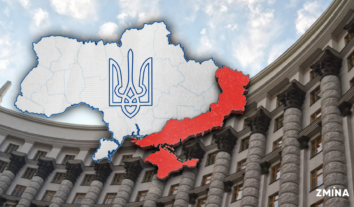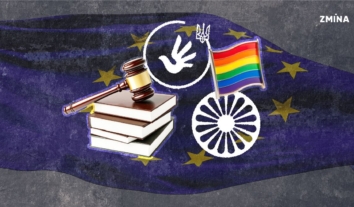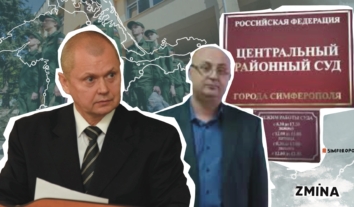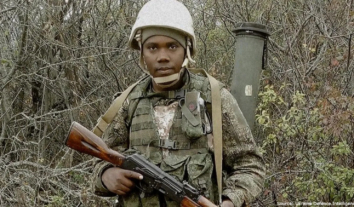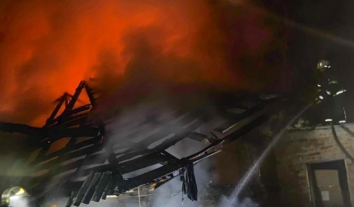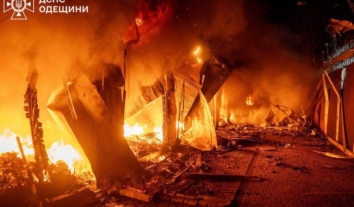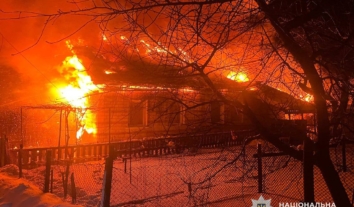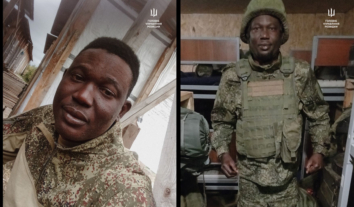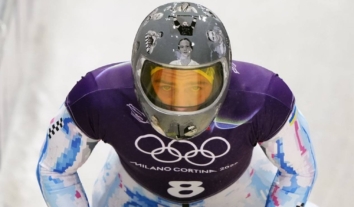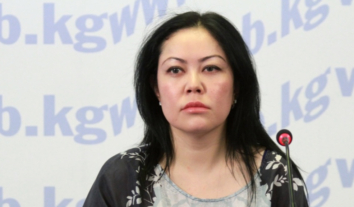Violent intolerance: what is the reason for the new wave of quirophobic attacks and how to prevent it
Over the past few months, there has been a rapid increase in hate crimes against the LGBTIQ community in Ukraine. There have been at least five reported cases of beatings of queer people. The reasons for the increase in the number of such incidents may include general tensions related to the war, biases and stereotypes, and impunity.
Despite the fact that every year human rights defenders record new cases of homophobia and transphobia, and the European Court of Human Rights makes precedent-setting decisions on the protection of LGBTIQ Ukrainians, the country has not yet adopted draft law No. 5488, which criminalises hate crimes and hate speech, as well as a direct ban on discrimination based on sexual orientation and gender identity.
On the eve of the International Day Against Homophobia and Transphobia, which is celebrated on May 17, ZMINA collected information about this year’s cases of crimes against LGBTIQ people and talked to human rights defenders about what victims should do to ensure justice.
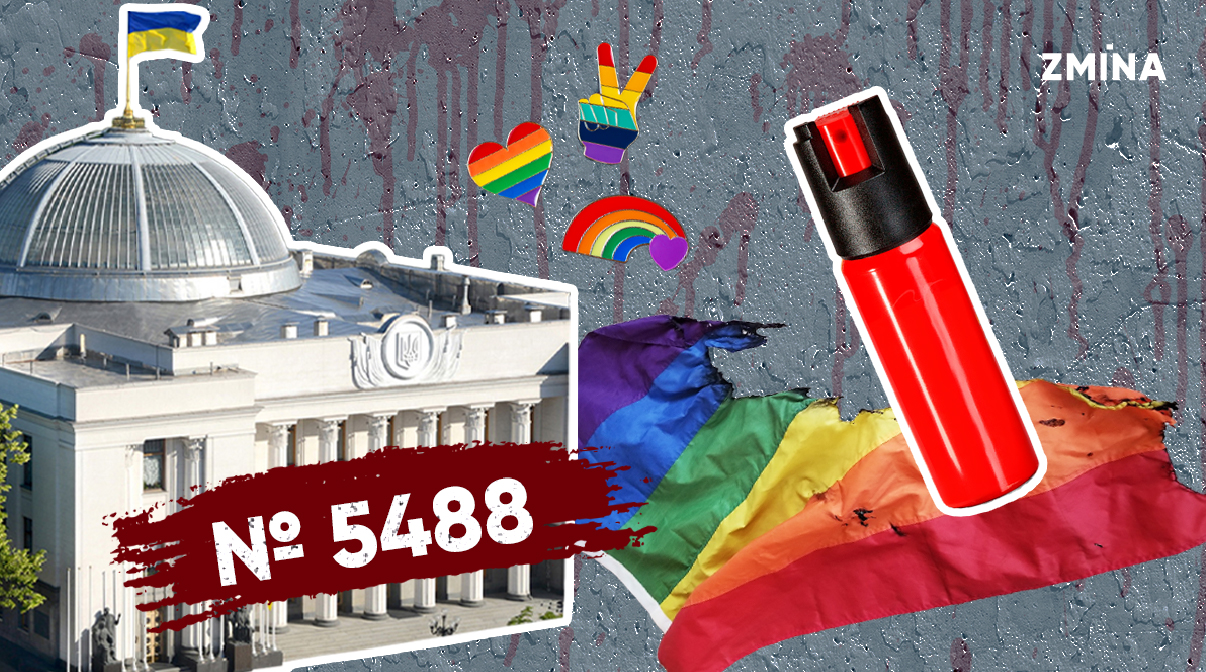
Five attacks during five months
A series of querophobic incidents started this year back in February, but at that time it was vandalism and disruptions of screenings of the film Lessons of Tolerance about LGBTIQ people. However, the situation escalated in the spring.
In particular, on March 8, a group of unidentified people attacked a young man in Kyiv. The incident took place in one of the capital’s parks. According to the victim, he was with his friends when a guy from another company approached them and asked, “Do you support f***ts?”. When the victim replied that each person chooses what to do, he was hit in the head.
After that, the company started harassing other passers-by with the same question and attacked another guy. The police responded to the call but did not detain the attackers, as they allegedly outnumbered them.
Later, on March 24, two neighbours attacked a gay couple living in a residential complex in a Kyiv suburb. Similar incidents had occurred before, and the partners are sure that the neighbours attack them for homophobic motives. The police have not detained any of the suspects since then.
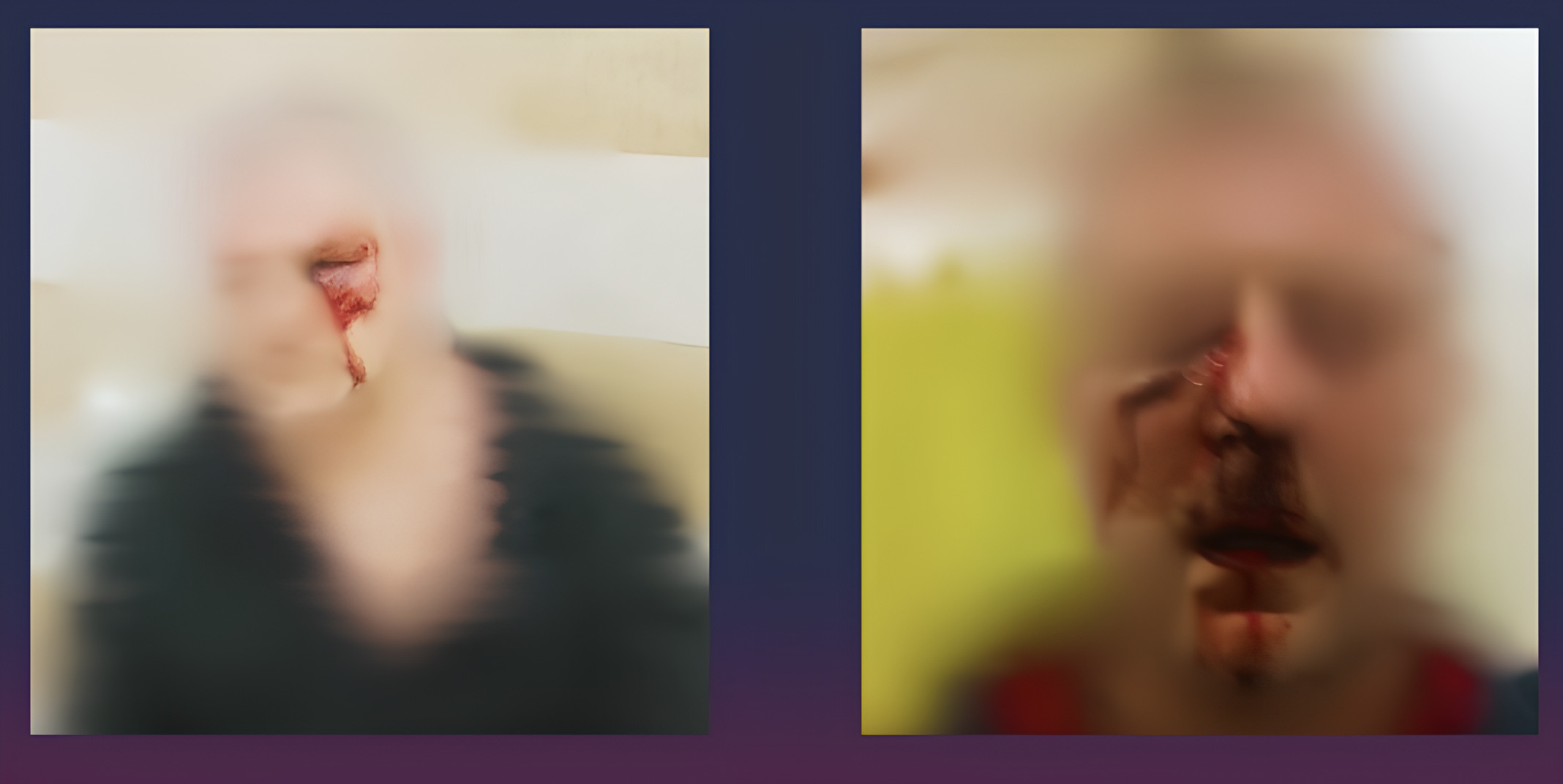 Photo: “Nash Svit”
Photo: “Nash Svit”Soon after, another attack occurred – on April 3 in Kyiv, a group of unidentified people chased a queer couple, shouted homophobic slurs, threatened to beat them, and eventually hit them. The victims, Danylo and Surykat, said they had reported the incident to the police, but the police issued a statement that did not mention that the incident was hate-motivated.
A similar situation occurred on April 7. The victims – Dymko and Aleks – say that the far-right group chased them on the street, tried to spray them with pepper spray and threatened that “the ultras will return in the summer”. The attackers also hit Dymko on the lip.
The last known case occurred in Lviv at the end of April. Then, on the territory of the synagogue, unknown persons attacked a local artist, Zieba. He was punched in the face and tried to be sprayed with pepper spray. The victim believes that the attack was motivated by hatred against LGBTIQ people, as he had previously received homophobic threats.
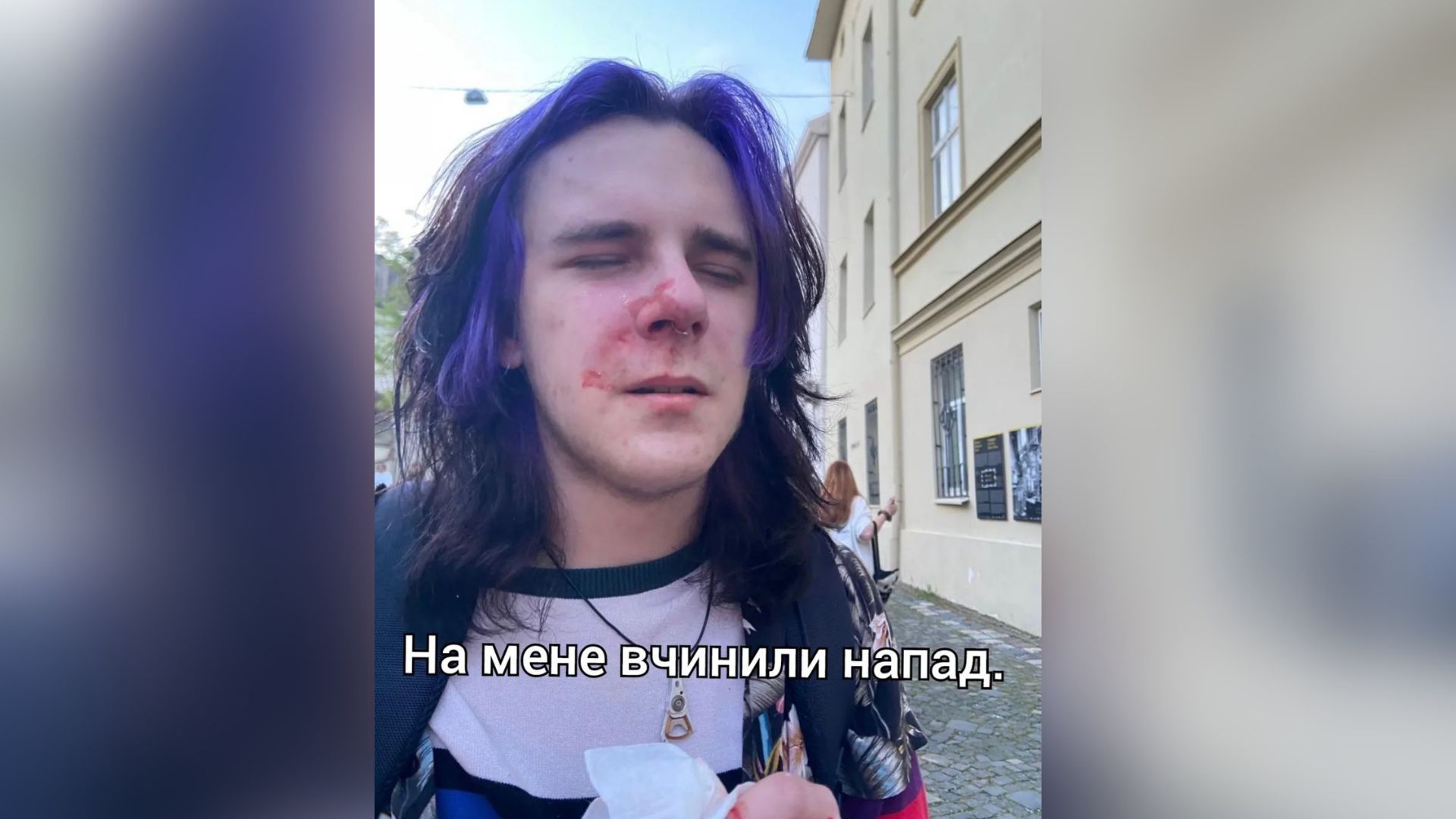 Photo from Zieba’s Instagram page
Photo from Zieba’s Instagram pageIryna Yuzyk, project manager of the LGBTQI+ rights project at Human Rights Centre ZMINA, recalled that in 2021, according to human rights defenders, LGBTQI activism was the most risky. The other two categories of activists who were attacked were anti-corruption activities and protection of women’s rights.
“The full-scale war shifted the focus, and many of those who committed these attacks went to the front. Society united against a common threat. But two years later, the old patterns are slowly returning. Attacks on people from the LGBTIQ community have returned.
All five attacks were committed by hate-motivated perpetrators. This is clear, because each time the victims were asked about their belonging to the LGBTIQ community or their attitude to it, and criticised for their symbols”, explained Iryna Yuzyk.
She believes that one unpunished violence leads to another, and there is no information on punishment and liability for these cases.
“We know that there are attacks, and someone is detained, but in most cases, no one is. Investigations take a long time and end with some fines. That’s why the perpetrators are getting bolder, because they understand that they will face little or nothing for it. Under such conditions, we will see an increase in violence on our streets. And this is a shame”, the human rights defender summed up.
In most cases, victims seek help from non-governmental organisations that protect the rights of LGBTIQ people. In particular, last year, thanks to such support, a man who attacked transgender soldier Helen Mark was found guilty of committing a hate crime.
“Fight, Flight, or Freeze” – what should victims do?
Sometimes victims of hate-motivated attacks prefer to keep these incidents quiet. This is usually due to a lack of trust in law enforcement agencies and fears that it will be difficult to prove homophobic/transphobic motives. Indeed, the police are reluctant to take into account offensive shouts from attackers or previous threats. However, non-governmental organisations that specialise in legal support for LGBTIQ people have a certain proven algorithm of action.
The LGBT Human Rights Nash Svit Centre shared with ZMINA its instructions developed for such cases. First and foremost, victims who have suffered physical injuries of any severity are advised to immediately call an ambulance and have their injuries recorded in a medical facility.
At the same time, the police should be called to the scene of the crime and a crime statement should be filed with the police officers who arrived. Important: this should not be confused with a statement of crime with explanations. You should also receive an acknowledgement of receipt from the police about receiving the statement.
If the police officers who arrived on the scene did not accept the statement of the crime, it should be filed as soon as possible with the district police department, preferably at the place where the crime was committed. When preparing the relevant statement, the police officer should ask the victim whether the crime was committed on the grounds of bias (Article 161 of the Criminal Code of Ukraine) і .
If the police officer does not ask for it, the victim has the right to add written explanations of all circumstances that they consider important for a comprehensive investigation. For an effective investigation, it should not be concealed that the attack occurred because of the victim’s sexual orientation or gender identity.
In case the district police department refuses to accept this statement, it should be submitted in writing by sending it by registered mail with acknowledgement of receipt. Subsequently, information about the criminal offence must be entered into the Unified Register of Pre-trial Investigations (URPI), and the pre-trial investigation body must appoint an investigator responsible for the criminal proceedings on the statement.
If the information has not been registered in the URPI within 24 hours of filing the statement (you can find out about the registration at the district police station), you should file a complaint against the inaction of the pre-trial investigation body with the investigator.
In addition, in the case of receiving physical injuries, Nash Svit advises to demand that the investigator or police officer who receives the statement send the victim for a forensic medical examination as soon as possible to document the injuries.
During the pre-trial investigation, the victim can represent their interests on their own, but human rights defenders still recommend that they contact a lawyer to protect their interests. Only a lawyer can represent the victim’s interests during the pre-trial investigation, including timely appealing against the investigator’s inaction, filing motions, etc.
You can also ask for help from human rights organisations that are either broadly focused or deal with the protection of LGBTIQ people, such as Nash Svit, Insight, Gender Stream and others.
Gender Stream has also developed an algorithm of actions for victims of hate attacks, which covers such steps as ensuring their own safety, contacting the police, recording details and seeking legal assistance.
By the way, you can get legal support from this organisation by filling out the form.
What should the state do?
On May 13, it was exactly three years since the registration of draft law No. 5488 in parliament, which was supposed to help protect victims of discrimination and hate crimes. Human Rights Centre ZMINA and the NGO Gender Stream created a joint Manifesto of human rights organisations calling on the Verkhovna Rada of Ukraine to adopt the law.
Representatives of non-governmental organisations, human rights defenders, activists working to protect the rights of internally displaced persons, people with disabilities, migrants, national and ethnic communities, LGBTQI people and other socially vulnerable groups joined in the drafting of this appeal.
They call this appeal a “step towards an inclusive society” free from crimes motivated by intolerance, where the response to cases of discrimination on any grounds will be effective.
“Hate crimes are a serious threat to the fundamental rights and security of the LGBTQI community. Therefore, the response to them must be immediate and decisive. First and foremost, we need an effective and independent investigation of each case, and for this, Ukraine needs to adopt draft law No. 5488 on the criminalisation of crimes motivated by homophobia and transphobia”, said Olha Poliakova, executive director of the NGO Gender Stream.
In addition, she said, it is important to raise public awareness and implement educational programmes aimed at countering stereotypes and ensuring inclusion.
“The legislation needs to be revised and updated”, Olha concluded.
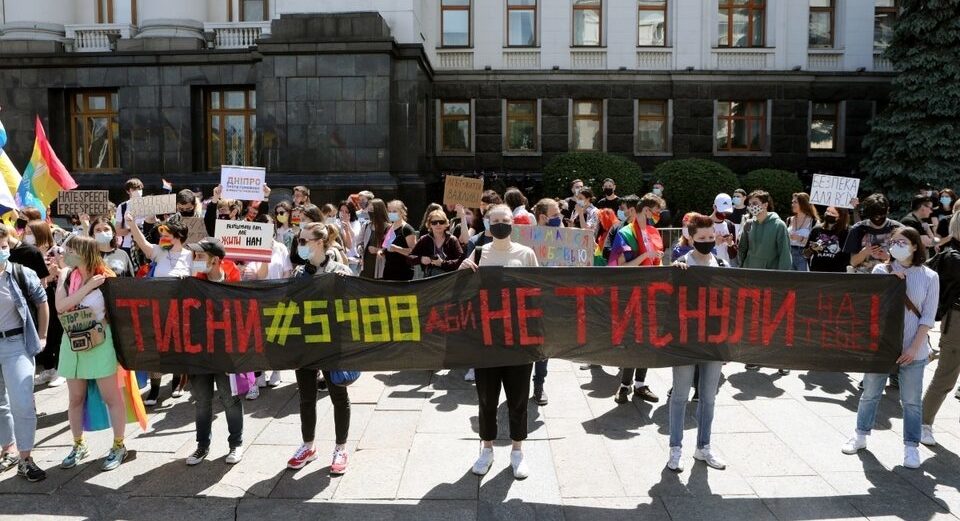 Photo: Yuliia Ovsiannikova / Ukrinform
Photo: Yuliia Ovsiannikova / UkrinformIt is noteworthy that draft law No. 5488 has previously received a positive opinion from the Verkhovna Rada Committee on Law Enforcement, which is responsible for this law, and the draft law was also included in the agenda of the current session of the parliament and granted the status of European integration, but the Verkhovna Rada has not yet reviewed it.
According to the signatories of the manifesto, this particular draft law should establish a definition of intolerance based on various grounds, including skin colour, political, religious and other beliefs, sex, age, disability, ethnic and social origin, citizenship, marital and property status, sexual orientation, gender identity, place of residence, language or other grounds.
Committing an offence motivated by intolerance will be defined as an aggravating circumstance. This will allow for proper consideration of the motive of intolerance at the stage of pre-trial investigation and court proceedings.


